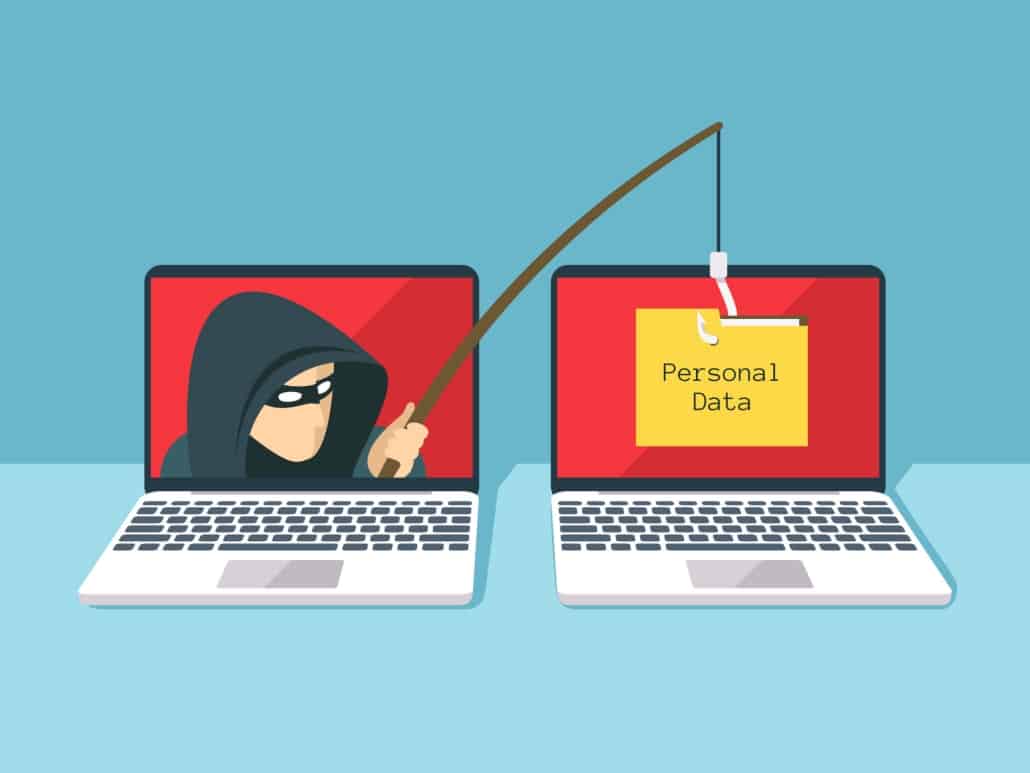Protecting you from the hook: a Guide to prevent phishing
Phishing, the practice is so annoying and dangerous that seeks to deceive us, to steal personal or financial information, remains a constant threat in the digital world. However, you are not helpless. With a little knowledge and caution, you can avoid falling into their traps.
What is phishing?
Imagine you receive an email that appears to be from your bank, asking you to confirm your login details. Or a text message from a courier company, with a link for “track your order”. These are just a few examples of how scammers trying to impersonate the identity of the companies or trusted entities to obtain sensitive information.
How to identify a phishing attack?
- Suspected emails or unsolicited messages: If you do not expect an email from a company or person, be careful.
- Check the address of the sender: Scammers often use addresses that seem legitimate, but when it's time to observe them carefully, have small variations.
- Careful with the links: Do not click on any link within an email or message is suspicious. If you need to access a web site, type the address directly in your browser.
- Spelling and grammatical errors: Phishing emails tend to have errors of this type.
- Sense of urgency: The scammers try to pressure you to act quickly, without thinking. If an email asks you to do something urgently, please be wary.
Tips to prevent phishing:
- Keep updated your software- Make sure you have the latest updates of your operating system, web browser and antivirus.
- Use a secure password, and unique to each account: Do not use the same password for different web sites or services.
- Do not share your personal information: Do not share your social security number, bank details or passwords by e-mail, text message, or phone.
- Be careful with social networking: Do not share personal information in your social networks and be careful with the links you share.
- Stay informed: Follow the news on the latest phishing scams to be aware of the new techniques used by scammers.
What to do if you think you've been a victim of phishing?
- Change your passwords: Immediately change the passwords for all the accounts that may have been affected.
- Contact your bank or company: If you think you have provided your financial information to the scammers, contact your bank or company immediately.
- Report the attack: You can report the phishing attack to the appropriate authorities.
Remember: The best defense against phishing is the education and caution. By being aware of the warning signs and take steps to protect yourself, you can avoid becoming a victim of this scam.
Don't become a victim of phishing! Protects your personal and financial information taking the necessary measures.



